
It happened this week. I was asked a question, yet again, that I probably hear 2-3x per month. “What are other stations doing with their comp plans that you like?”
I have to admit that I’ve seen more than a few AE comp plans. Some are incredibly simple. Others require a Ph.D. in Physics to understand. No matter what your plan, you’re probably not sure whether it’s good enough. Or, you have some belief that somewhere out in the universe there must be one that’s better.
It’s tough to get into the specifics of comp plans. Market size and market position can impact what’s right for your station, but there are some principles that drive how I would put a comp plan together. Here are a few for you to think about:
1. Avoid the accidental raise.
I confess. This is a pet peeve of mine. The accidental raise is when an AE makes $10-15K more in a year, not because of anything he/she did, but because an agency they service picked up a big account. Everyone reading this email is expense conscious. We have to be today. We’re charged with carefully managing every dollar we spend, and yet, we’ll spend thousands more in commission to someone who’s done nothing to earn it. That bugs me.
2. Is your comp plan aligned with your critical strategic sales goals?
What’s your #1 sales goal? I hope you didn’t say “making budget”!!! That’s not enough today.
Many of you would probably say that in today’s world it’s “new business.” If that’s the case, how’s your comp plan in sync with that? Today, a key measure of success is how we do at new business and I wonder if our comp plans make that clear enough.
Here’s what I typically see. A station pays X% on agency. They’ll pay a higher amount on direct, and often an even higher amount for new direct. Makes sense right? Maybe not. What if your AE makes a decent living from their current account list, without doing new? They’ll meet their needs, but it won’t help you meet yours. That’s a miss. You think the comp plan incentivizes the behavior you want, but with a significant number of your team, it doesn’t.
Here’s another way to approach that. If new local direct business is a big priority, your AE’s should only earn their full commission on transactional IF they make their new local direct number. That way you’ve aligned their comp to your critical needs.
3. Does your comp plan make a statement?
I once worked with a group that had a bunch of larger market TV stations. They paid 25% on new business. Do you think that made a statement?
I was a partner in some smaller market stations that had the same sales staff selling our D2 product. Today, I think I might pay a way bigger commission to make a statement to our team that might make them pay attention to those “tougher to sell” products.
Think of how your team would react if tomorrow you said, “We’ll pay you 50% of everything you bring in for this product.” Would that motivate some folks? We’d probably never pay that much, of course, but you get the point. It would sure get their attention, and sometimes that’s critical.
4. Selling is not a team sport.
I get it. You want to reward the staff if the station makes its local budget. And, I guess I’m okay with that if it’s a minuscule part of my income. But if it’s a significant percentage, that will frustrate your stars. They think others don’t pull their weight as much as they do. They feel like they’re busting their humps for you. So, why are they being penalized because someone, who probably should be fired, is pulling the team backward?
Paying a team bonus for budget is one of those ideas that should make sense, but have an honest conversation with your stars.
5. K.I.S.S. sorta.
When I was drafting this article, I had “Keep it Simple Stupid” on my list because I see so many commission plans that are way too complicated. Then I realized that one of my favorite commission plans might be seen by many of you as pretty confusing.
That pay plan has quarterly priorities that change. Olympics, football or other tent poles might be on the list. Digital and new local direct are always part of it. Hitting budget for the D2. Maybe some special sales initiative. It seems complicated until you see it in action. It’s actually pretty straightforward for the AE’s because the plan stays consistent, even if some components change to reflect that quarter’s sales priorities.
This next comment might not be worth a full principle… I’d be sure that your comp plan doesn’t get vetoed by a business manager – who doesn’t have to make budget – because your plan is too complex. Having said that, simpler is better. Ask your AE’s to explain it back to you. If they can’t, you may have a problem.
6. Reward results, not activity.
Sales managers should measure activity. That’s a basic. But don’t pay for it. That’s also a basic to me. There are no participation ribbons in sales.
As a favorite sales manager recently said to me, “We don’t confuse effort with success. We don’t make sales calls. We make sales.”
So, what’s my favorite comp plan? I’m not sure I have an exact answer. As I wrote above, it depends on market size and even market position.
Today, to avoid the accidental raise, I’d probably be paying some amount of salary to experienced AE’s for their transactional book. Yes, salary. (This from someone who grew up in this business with a “we eat what we kill” philosophy.) But the salary wouldn’t be enough to live on.
I’d also pay a big “get their attention” percentage for new local direct, especially if that’s an area at which you need to get better. However, I would ONLY pay a new business commission on sales that meet the minimum threshold to renew. That way, your comp plan drives the behavior of asking for bigger dollars and not rewarding one-time sales.
Then a monthly or quarterly bonus based on attaining 4-5 critical numbers, with more (125% of potential) if they make all 4-5 budgets and zero if they miss all. Tent pole sales, digital, D2 – all would have budgets. And those priorities might change quarterly.
At least that’s what I think I’d do today. But to be honest, I’ve changed my thinking so many times about this in the last 5 years that I could feel differently tomorrow.
I do know this, though. As our business is becoming more complicated, it’s likely we’ll be looking at this issue more and more in the future.
Jim Doyle and the JDA team are passionate about helping sales managers get better. One of the ways they do that is the Sales Manager’s High Performance Boot Camp. This program gets rave reviews with a combination of real-world ideas and inspirational outside speakers. Our next Boot Camp is in Tampa, January 2018. More info: Boot Camp 2018

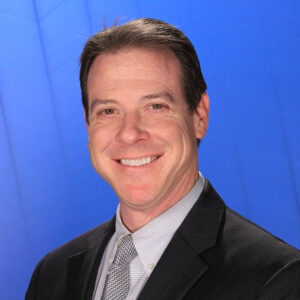 Ken Marks is a Senior Marketing Consultant for JDA.media.
Ken Marks is a Senior Marketing Consultant for JDA.media. Brittany Tomjanovich is the Director of Operations at JDA.media.
Brittany Tomjanovich is the Director of Operations at JDA.media.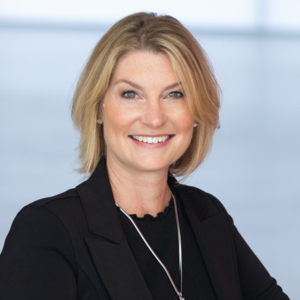 Kathrine Glass is a JDA.media Senior Marketing Consultant.
Kathrine Glass is a JDA.media Senior Marketing Consultant.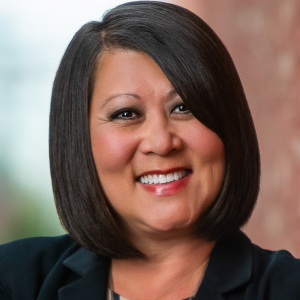 Margie Chilson is a Senior Marketing Consultant for JDA.media.
Margie Chilson is a Senior Marketing Consultant for JDA.media. About Jim Stoos
About Jim Stoos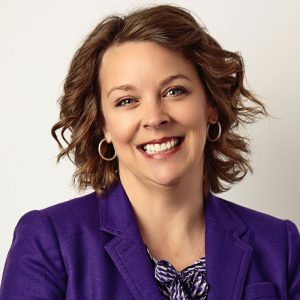 Holly Allen is a JDA.media Senior Marketing Consultant.
Holly Allen is a JDA.media Senior Marketing Consultant. John Hillary is a Senior Vice President at JDA.media.
John Hillary is a Senior Vice President at JDA.media.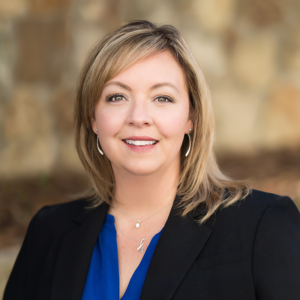 Billie Adkins is a Senior Marketing Consultant for JDA.media.
Billie Adkins is a Senior Marketing Consultant for JDA.media.